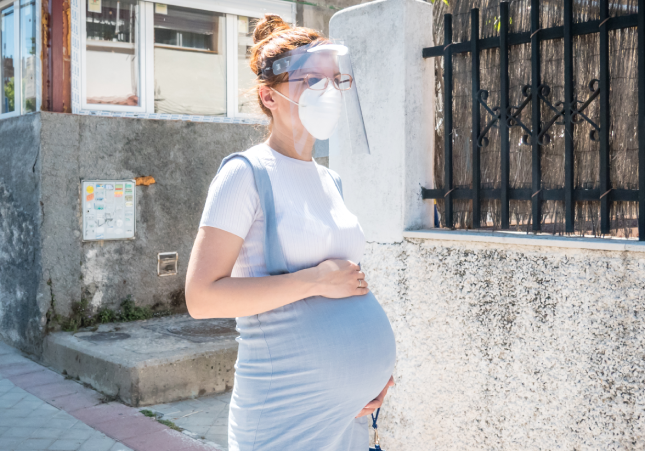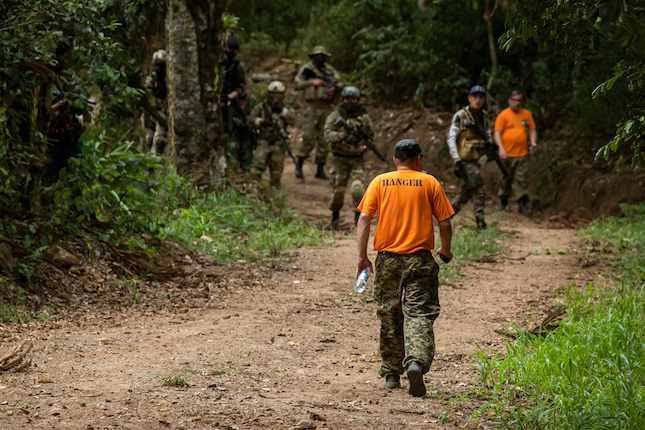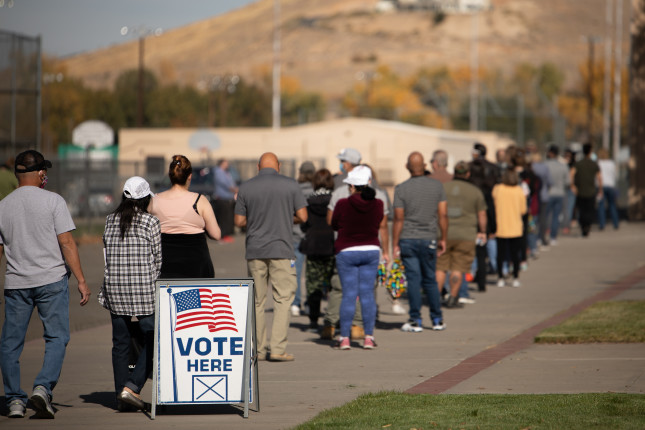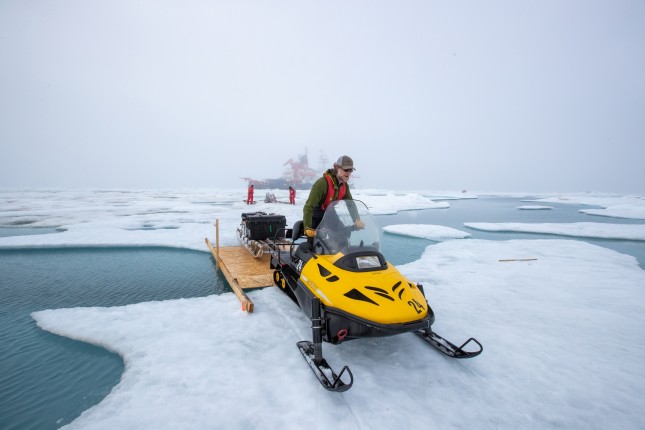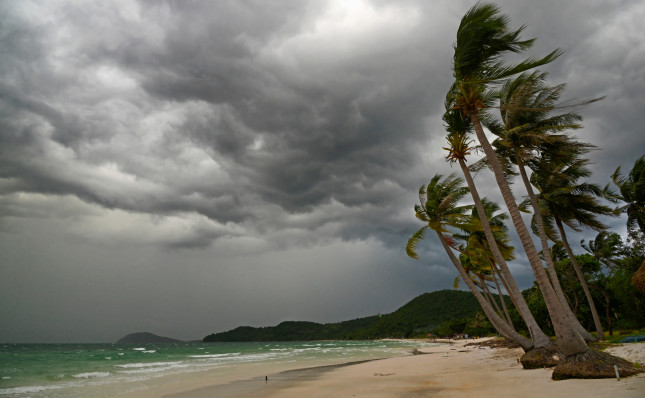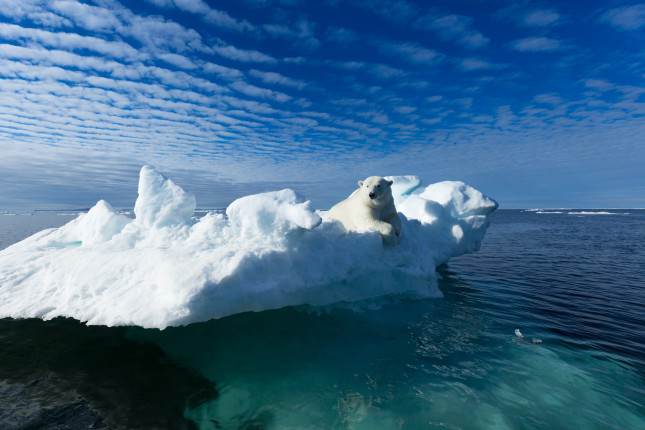-
Closing the Women’s Health Gap: Research, Investment, and Eliminating Inequities
›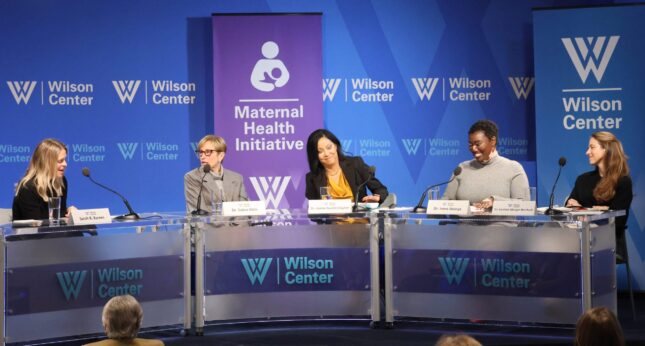
“The longstanding underrepresentation or exclusion of women in clinical trials and the continued need to understand sex as a biological variable have resulted in still knowing too little about how to effectively prevent, diagnose, and treat a range of health conditions in women,” said Dr. Carolyn M. Mazure, former Chair of the White House Initiative on Women’s Health Research in her keynote address at a recent Wilson Center event: Bridging the Gap in Women’s Health Research. The event was held in partnership with EMD Serono, the healthcare business of Merck KGaA, Darmstadt, Germany, as the first-ever Women’s Health Research Summit at the Wilson Center.
-
ECSP Weekly Watch | September 9 – 13
›
A window into what we’re reading at the Wilson Center’s Environmental Change and Security Program
Fukushima Nuclear Clean-up Begins (The Diplomat)
It has been over 13 years since a massive 9.0 earthquake near the coastline of Japan in 2011 triggered a tsunami that irreversibly damaged the Fukushima Daiichi nuclear plant. Failing cooling systems within the plant led to the melting of its radioactive core reactor, which dripped toxic fallout across the plant and in the larger ecosystem. Since that catastrophe, Japan has been devising ways to responsibly clean the waste in Fukushima—and it might be getting closer to a final answer.
-
COVID-19’s Pregnancy Paradox: Greater Disease Risk but Lower Vaccine Priority
›
“Greater attention to pregnant patients as a unique population at higher risk of SARS-CoV-2 infection sequelae, is critical to preventing maternal and neonatal morbidity and mortality,” write the authors of a study in the American Journal of Obstetrics and Gynecology examining morbidity and mortality among pregnant women with COVID-19 in Washington state. The study found “markedly higher” hospitalization and fatality rates among this group compared with similarly-aged non-pregnant individuals.
-
Climate Change Will Make the Brazilian Military’s Role More Difficult, Finds New Report
›
“It is in Brazil’s interest to climate-proof the nation,” said Wilson Center Senior Fellow Sherri Goodman during a recent International Military Council on Climate and Security (IMCCS) event. Referencing a new IMCCS report, Climate and Security in Brazil, Goodman, who is also Secretary General for the IMCCS, said that Brazilian leaders ought to develop counter-deforestation and climate plans as critical elements of the national security agenda.
-
A Tale of Two Transitions: Education, Urbanization, and the U.S. Presidential Election
›
Rather than delve into issue opinion polling, or assess presidential campaign strategies, political demographers assume that political change is the predictable product of a set of mutually reinforcing social, economic, and demographic transitions, which can be tracked using data. But is this true in a country like the United States that has been in the advanced stages of these development transitions for decades? If these transitions are as important as demographers believe, could their variation among the 50 states explain the outcome of the recent U.S. presidential election? If so, what could they tell us about America’s electoral future?
-
Largest Polar Expedition Ever Seeks to Explain Shrinking Arctic Sea Ice
›
“If you’re a sea ice person, MOSAiC is the kind of experiment that you just live for,” said Don Perovich, a Dartmouth College researcher with the Multidisciplinary drifting Observatory for the Study of Arctic Climate. “It’s the kind of experiment you dream about. It’s an opportunity to spend a whole year on the ice, just watching how a floe evolves over time.” He spoke at a recent event sponsored by IARPC Collaborations, an Interagency Arctic Research Policy Committee (IARPC) member space where scientists and others involved in Arctic research share knowledge and resources. The researchers on the expedition, said Perovich, aimed to collect data that would shed light on the causes and consequences of the evolving and diminished Arctic sea ice cover. MOSAiC’s mission was to facilitate a breakthrough in understanding the Arctic climate system and improve the world’s climate and weather forecasting models.
-
It’s Time for Scenario Planners and Enterprise Risk Managers to Join Forces
›
Scenario planning—a powerful method for communicating and examining uncertainty—is once again in vogue as a result of the COVID-19 pandemic. Despite the growing interest in this approach, however, its use is still limited, deployed predominately by the intelligence, business, and military communities.
-
Sharon Guynup, Mongabay
Brave New Arctic: Sea ice has yet to form off of Siberia, worrying scientists
›
At this time of year, in Russia’s far north Laptev Sea, the sun hovers near the horizon during the day, generating little warmth, as the region heads towards months of polar night. By late September or early October, the sea’s shallow waters should be a vast, frozen expanse.
But not this year. For the first time since records have been kept, open water still laps this coastline in late October though snow is already falling there.
Showing posts from category research.



